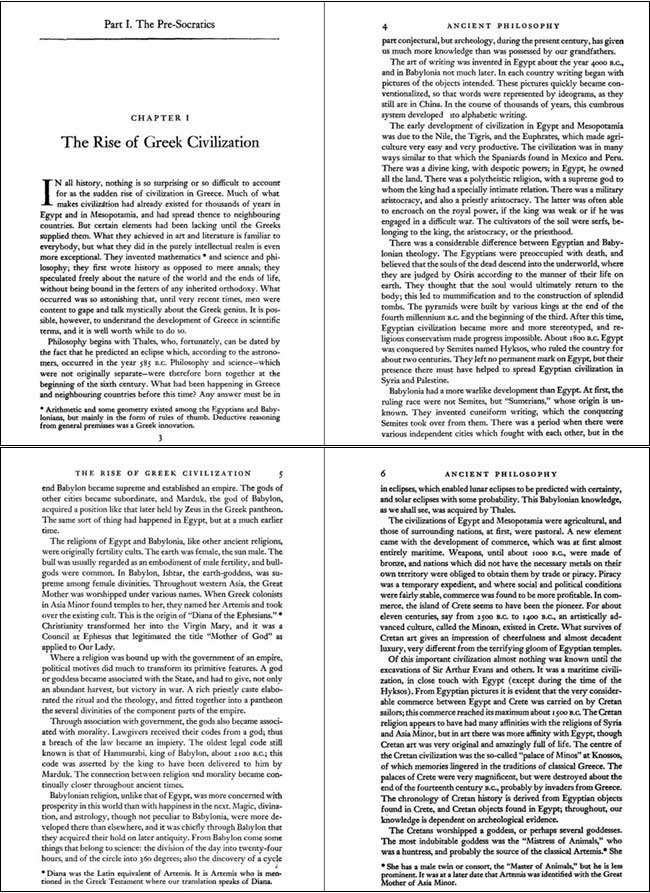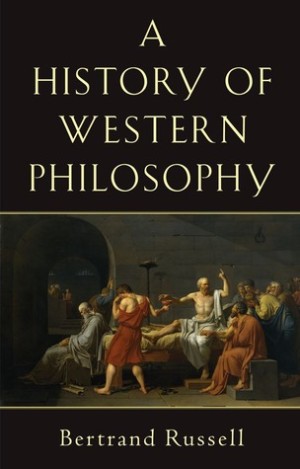
“ Philosophers: Stop Being Self-Indulgent and Start Being Like Daniel Dennett, says Daniel Dennett” “ There Is No One Thing Philosophers Should Be Doing” Peirce, who made a rule ‘to be inscribed on every wall of the city of philosophy: do not block the way of inquiry.’ Against Kitcher’s plea for an end to pure philosophy, I would cite Dewey’s fellow pragmatist, C.S. But I’m not alone in finding the questions of pure philosophy both maddening and mesmerising. It’s difficult to argue that something is valuable in itself. Pure philosophy isn’t for everyone, but neither is Philip Glass… It’s a mistake to demand that music be of use to those who are indifferent to it. It satisfies a need, but that need is philosophical and issues from a curiosity about fundamental questions that the natural and social sciences cannot answer. T seems to me that the value of music doesn’t lie in its power to satisfy non-musical needs: it is valuable in itself. They want a synthetic philosophy that provides ‘world-formulas’ – questions, concepts, analogies, ideals – that help us take a wider view of human life…

To the charge of philistinism, Dewey and Kitcher would reply that philosophy, for them, involves more than applied ethics and contributions to active science, valuable as those are. (I suspect that Kitcher’s nostalgia for philosophers as public intellectuals is largely for Dewey himself, a singular figure in the history of American philosophy.) Dewey ‘claimed that intellectual work should conform to a social division of labour, in which the inquiries conducted should serve others outside the tiny coterie of those who undertake them’. Kitcher is inspired here by the pragmatist John Dewey, whom he calls ‘the most important philosopher of the 20 th century’. My principal objection to Kitcher’s critique, though, isn’t that he is wrong about the history or sociology of the discipline, but that there is something philistine in his demand that philosophy always answer to practical needs. There’s some appeal to that, but Setiya is concerned that emphasizing the potential practicality of philosophy distracts us from how philosophy is valuable in itself. He also wants new synthetic visions, ways of seeing the world that bring together different disciplines with an eye to human flourishing.”


Kitcher, Setiya says, wants “a philosophy of use to scientists, or which can be applied to social problems. In the review, Setiya takes issue with Kitcher’s characterization of the discipline (which he suggests describes the 1960s better than it describes the 2020s), but his main point of disagreement is over the extent to which philosophy needs to be useful.


 0 kommentar(er)
0 kommentar(er)
